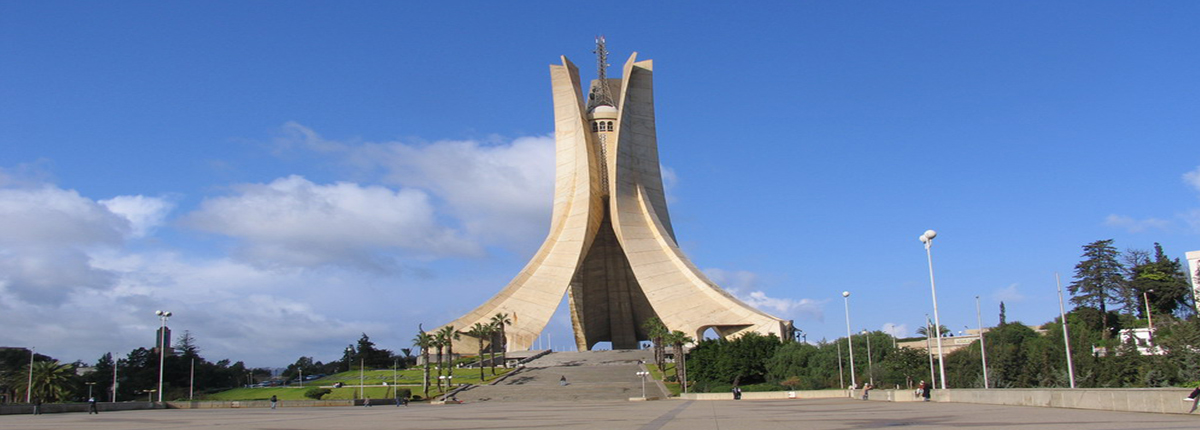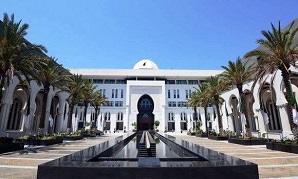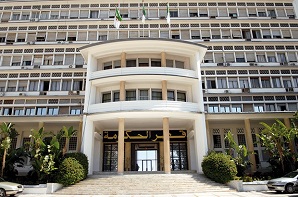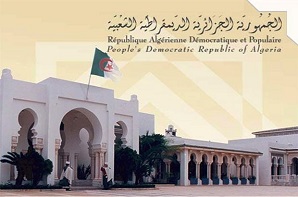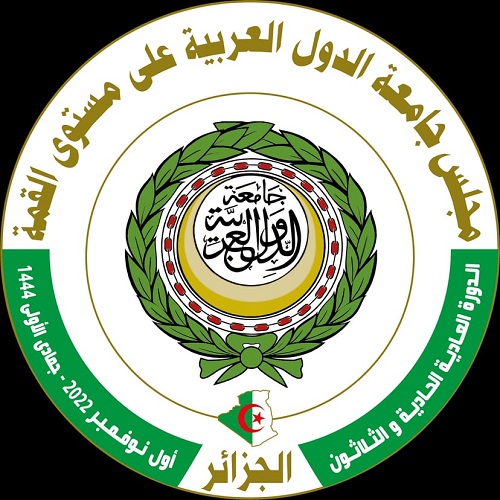NEWSmore
Life expectancy in Algeria increases from 47 to over 76 years in six decades
ALGIERS- Life expectancy in Algeria has increased from 47 years in the first years of independence to over 76 years in 2022, thanks to a better healthcare system and the improvement of living conditions.
The increase in the number of health facilities, as well as the improvement in the quality of the healthcare services provided to citizens and living conditions, by facilitating notably the access to housing and drinking water in a way adapted to the demographic development, are among the factors that contributed to the increase in the Algerians’ life expectancy from 47 years during the first years of independence to 76.5 years in 2022, according to the data provided by the National Office of Statistics (ONS) and the Population Directorate of the Ministry of Health.
Thanks to the efforts made by the State in the last six decades, more than 4 million inhabitants are currently aged 60 years and will reach 6 million within the next few years.
The age group between 15 and 49 years is the most important in Algeria, i.e. the society’s most active section, and considered as “the main driving force for development,” according to the experts, adding that it will represent 60% of the population by 2040.
The different investments in the health sector, notably to quintuple the budget in the past years, led to tangible results, thanks to the national surveys that enabled the decision-makers to implement suitable health programmes.
The Algerian population increased from 10.2 inhabitants in the first years of independence to more than 45 million inhabitants in 2022, up by 36 million inhabitants in six decades.
The celebration by Algeria this year of the sixtieth anniversary of independence has coincided with the organization of the 6th general census of population and housing, a source of a major importance to know exactly the changes in the population, its component, its new characteristics and its geographical dynamics.
It also allows accessing a rich database and a series of socio-economic indicators that help give an accurate image of the public decision, in order to properly deal with the population’s growing needs and to improve the public service.
The age group less than 15 years was 57.3% of the total population (i.e. 10.2 million inhabitants) in 1966, and reached only 37.4% in 2022 out of a total population of over 45 million inhabitants.
As regards the category of the elderly, it increased from 6.7% to 9.8% during the same period.
Men represented 50.7% and women 49.3% of the total population in recent years, according to the National Office of Statistics (ONS) and the Population Directorate of the Ministry of Health.
The mortality rate among children decreased from 108 cases per 1,000 live births in the first years of independence to 18.9 cases in 2022.
The implementation of the National Vaccination Schedule enabled Algeria not only to achieve its United Nations Millennium Development Goals (MDGs), by recording less than 25 deaths among children per 1,000 live births, but also to obtain several certificates delivered by the World Health Organization (WHO) in terms of eradication of viral diseases.
The mortality rate among pregnant women was very high during the first years of independence because of the country’s health situation at that time.
Thanks to the accomplished achievements and to the 99% of births benefiting from medical support in the various public and private health facilities, mortality among pregnant women decreased from 500 cases per 100,000 births in the 1960s to 48.5 cases per 100,000 inhabitants in recent years.
